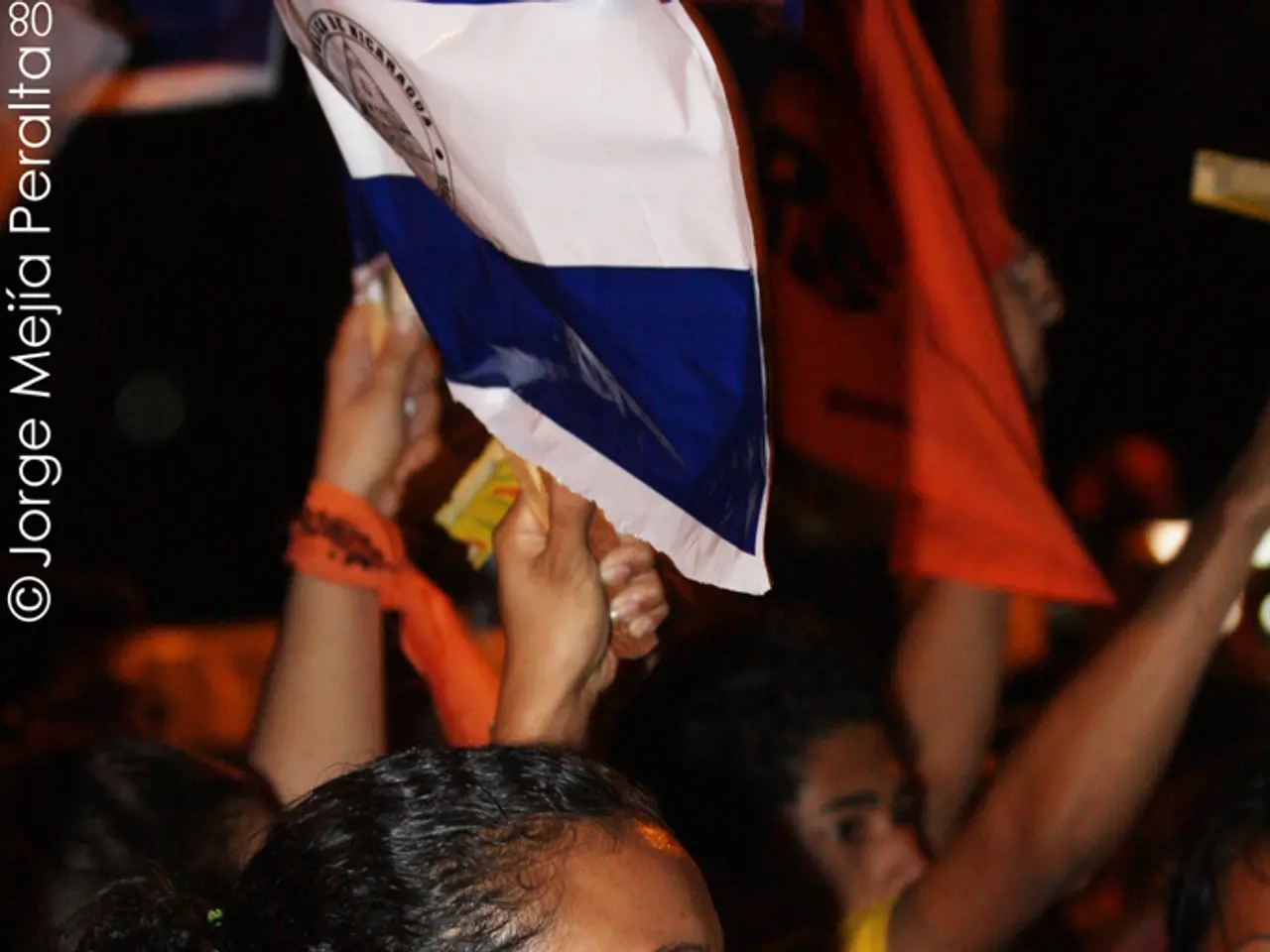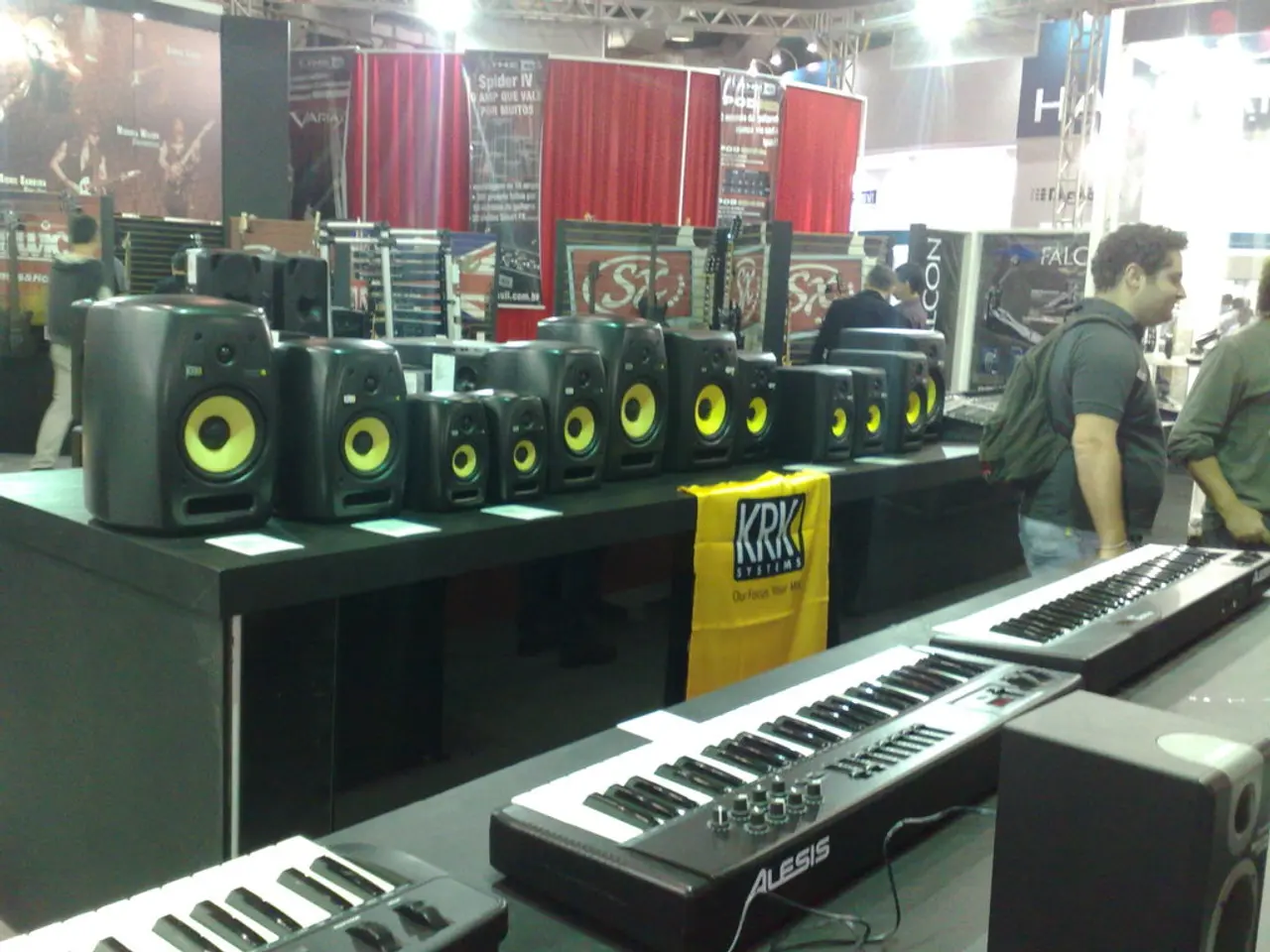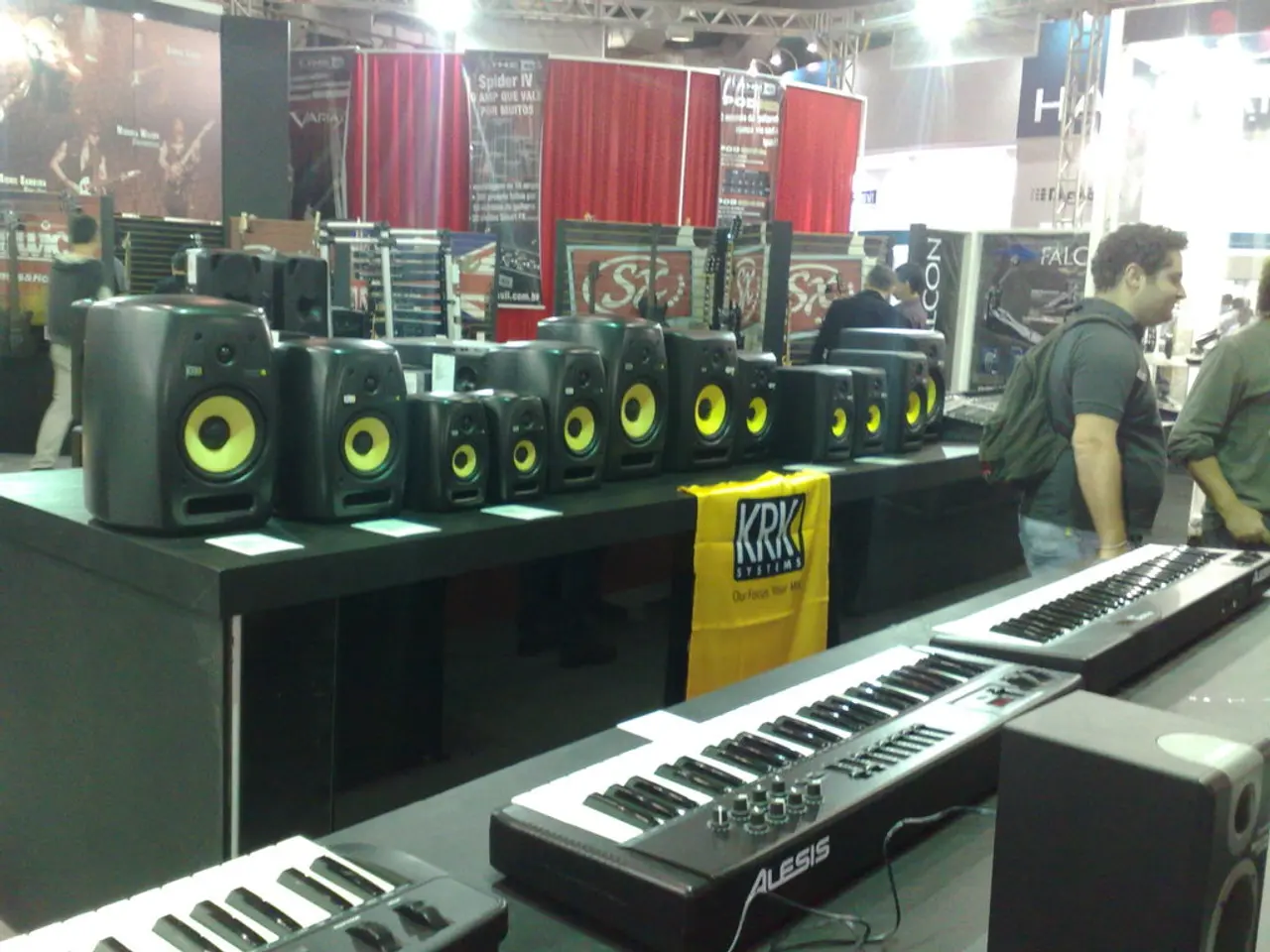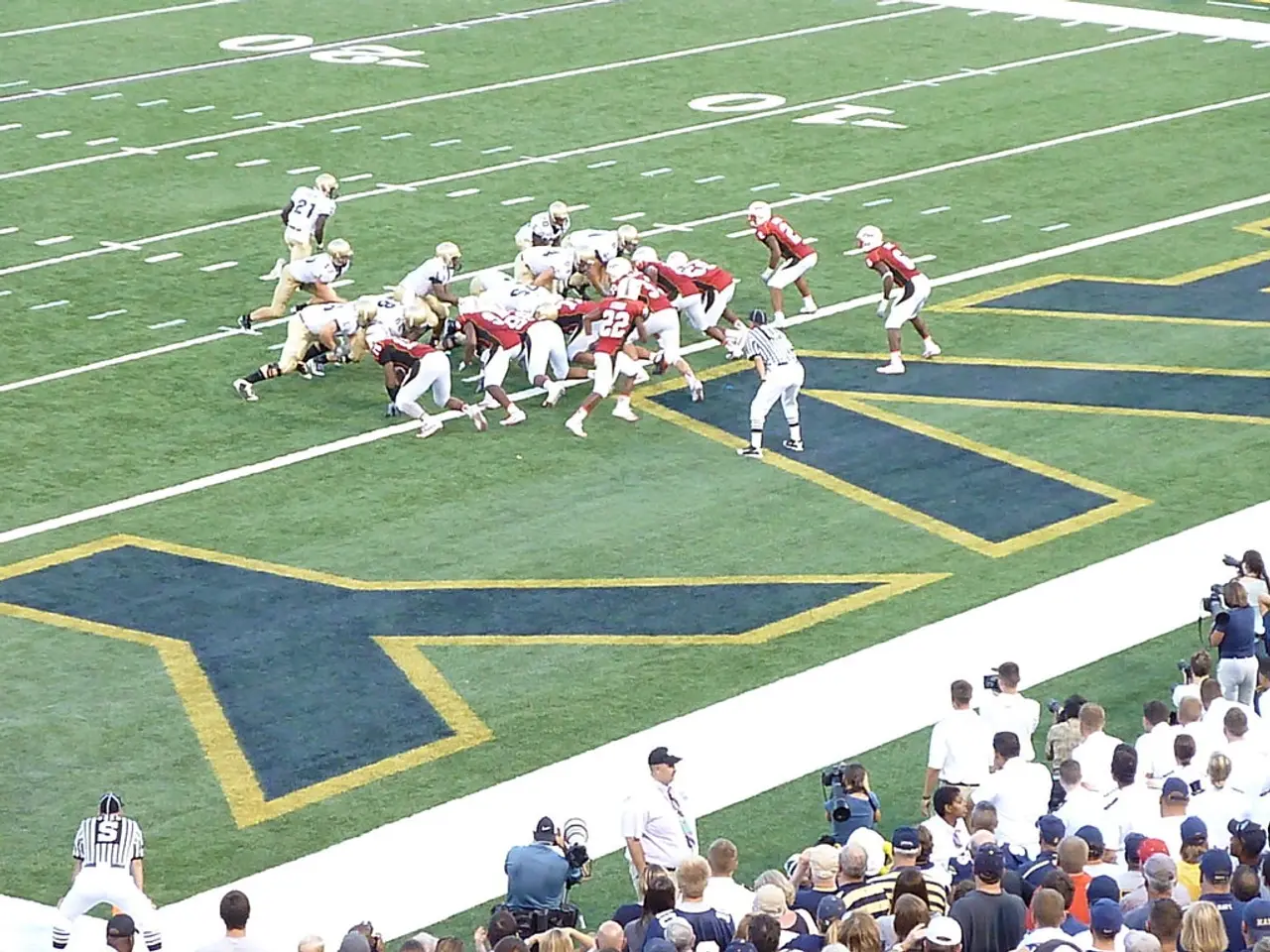Chinese enterprises serve as critical economic links for Moscow
In the ongoing conflict in Ukraine, Chinese companies are playing a significant role in bolstering Russia's military-industrial base, according to Ukrainian intelligence and various reports.
Chinese companies are reportedly supplying Russian defense plants with machine tools, chemicals, critical electronics (particularly for drones), and munitions components. Notably, four-fifths of the "critical electronics" used in Russian drones as of early 2025 came from China. Imports of nitrocellulose from China have also boosted Russia's production of artillery shells and munitions.
Moreover, Chinese military personnel are being trained in Russia to counter NATO weapon systems, indicating a deepening military cooperation aimed at opposing Western military capabilities. This training, which involves about 600 Chinese soldiers, focuses on tactics gleaned from Russia's combat experience in Ukraine, including heavy combat vehicles, artillery, and air defense.
Ukrainian President Volodymyr Zelensky has explicitly stated that Chinese defense companies are part of a network helping Russia sustain its war, describing this as a grave threat to European security. He emphasized the need for Europe to counter this network by targeting the links connecting Russia with its accomplices, including Chinese firms.
In response, the European Union has expressed deepening divisions and complexity in its stance toward China, particularly due to China's backing of Russia during the Ukraine conflict. The EU has imposed sanctions and condemned the export of dual-use technology and components from China to Russia. However, the overall EU approach remains cautious, balancing trade disputes and geopolitical concerns while attempting to address China's role in the conflict.
Meanwhile, in the war-torn region, a Russian drone strike in the Ukrainian region of Kharkiv has reportedly killed at least one person. Ukrainian air defense systems have destroyed 4,750 targets, including several types of Russian drones and missiles.
Amidst these developments, former Finance State Secretary Heiko Thoms is set to become the new German ambassador to Ukraine. If confirmed, Thoms, who has significant Ukraine expertise, including helping negotiate a G7 aid package worth $50 billion for the country, will take on this crucial role at a critical time.
However, concerns remain about the use of Western technology and chips in Russian drones, despite sanctions. A recent incident at Europe's largest nuclear plant, the Zaporizhzhia nuclear power plant, has sparked international concern. The International Atomic Energy Agency (IAEA) is investigating a suspected drone attack near the Russian-occupied plant. If confirmed, such an attack would be "totally unacceptable" according to IAEA Director General Rafael Grossi.
In a bid to attract foreign investment, Russian President Vladimir Putin will receive Kyrgyz President Sadyr Dschaparow at the Kremlin. Putin has signed a decree on additional guarantees for the rights of foreign investors, which could potentially boost Russia's economy amidst sanctions.
Elsewhere, Russian authorities are planning to start gas production in the Azov Sea, and North Korea has opened a massive tourist resort on its eastern coast, expected to receive Russian tourists this month. However, Russia is cutting off mobile services for foreigners who have not been biometrically registered, and Alexander Lukashenko has announced that the Russian-made "Oreshnik" missile system will be stationed in Belarus by the end of 2025.
These developments highlight the complex and evolving nature of the conflict in Ukraine, with the involvement of various global powers and the continued impact on regional and international security.
- The European Union, in recognition of Chinese defense companies' role in aiding Russia in its conflict with Ukraine, has imposed sanctions and condemned the export of dual-use technology from China to Russia.
- The supply of critical electronics, machine tools, chemicals, and munitions components to Russian defense plants by Chinese companies forms a significant part of the Russian military-industrial base, as per Ukrainian intelligence and various reports.








